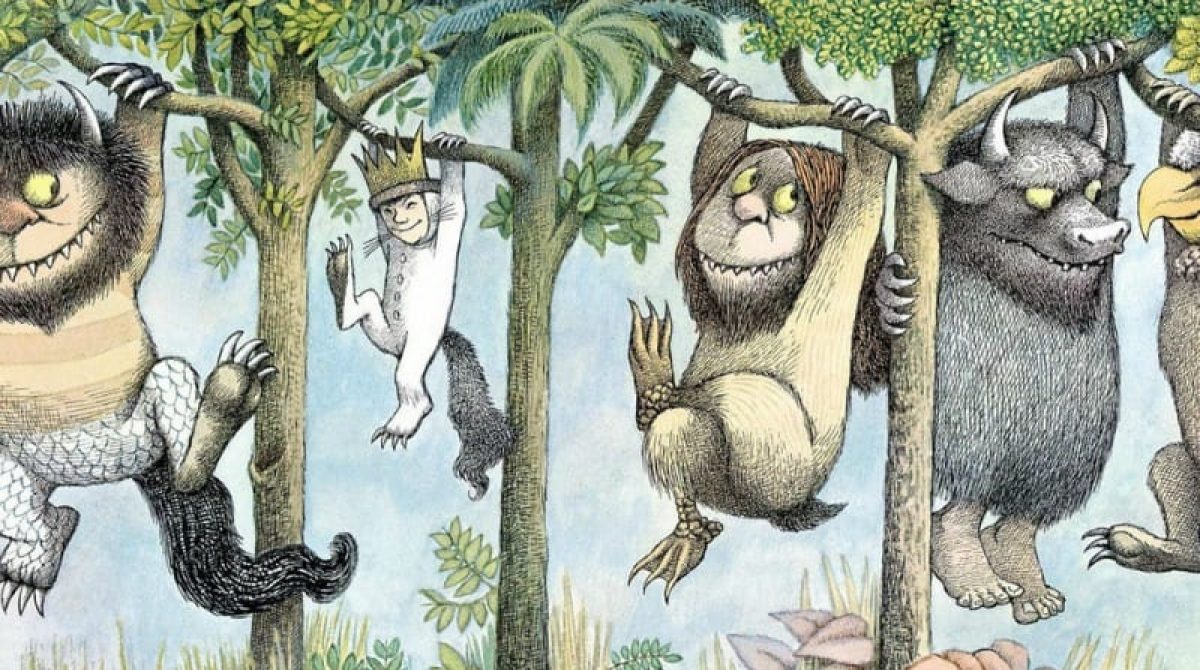Truth Commissions are weird in that their purpose is not to seek justice. While crimes were committed, they are prosecuting people for those crimes. Knowing that there are many paths to reconciliation in circumstances like these, I wonder why South Africa chose to use a Truth Commission. I think that Krog deals with the purpose and effectiveness in the book, focusing on different ideas. If justice isn’t the goal here, then what is? I see a few answers presented in the novel to explain what the goal is for truth commissions.
Narrative: The novel focuses on the importance of stories. One of the operations of the truth commission is to give the survivors a space to tell their stories. It also works to tell the stories of those who aren’t around to tell them. Krog gives herself this job saying, “I snatch you from the death of forgetfulness. I tell your story, complete your ending,” (Krog 38). She also focuses whole chapters like “Truth Is a Woman” on just relaying stories. The truth commission is a place for those affected by the crimes to be heard.
Truth: The most straight-forward and simple answer is that the truth commission is there to find out what actually happened without the threat of prosecution. Krog explains that there is no one version of the truth. The commission can’t define a truth of what happened, but instead it allows people to accept their own version of truth. It presents the stories and creates a system in which people can analyze and understand what they believe to be true.
Reconciliation: This last purpose is the strangest. While the definition, as explained by Krog, is supposed to be restored, that isn’t possible here. Krog says that “there is nothing to go back to, no previous state or relationship one would wish to restore,” (Krog 143). This is because the system has been a broken one. South Africa can’t restore a broken system and the truth commission allows it to move forward rather than reentering the cycle of violence of the system. Krog explains that reconciliation is actually a part of it and it is meant to be more of a transformation- a way to understand the past, not to accept it, and to move forward from that understanding so that this situation doesn’t happen again.
While I think that Krog is making these observations about the purpose, it is even more difficult to understand if this is what the victims want and are getting from the truth commission. For example, Krog talks about the people who are sitting there and listening to the atrocities about capital punishment yet still call for its use. It’s complicated and it’s hard, but South Africa specifically chose a truth commission over other forms of closing and Krog attempts to find out why.

You do a nice job of identifying some of the paradoxes of a truth (and reconciliation) commission. I wonder whether getting more precise about the *kind* of justice that such a commission might seek and bring about would be helpful. Are there ways in which it’s better positioned to achieve certain kinds of justice than the kinds traditional courts can achieve? Your paragraph on narrative is evocative and I wonder whether there’s much more to say there.
LikeLike